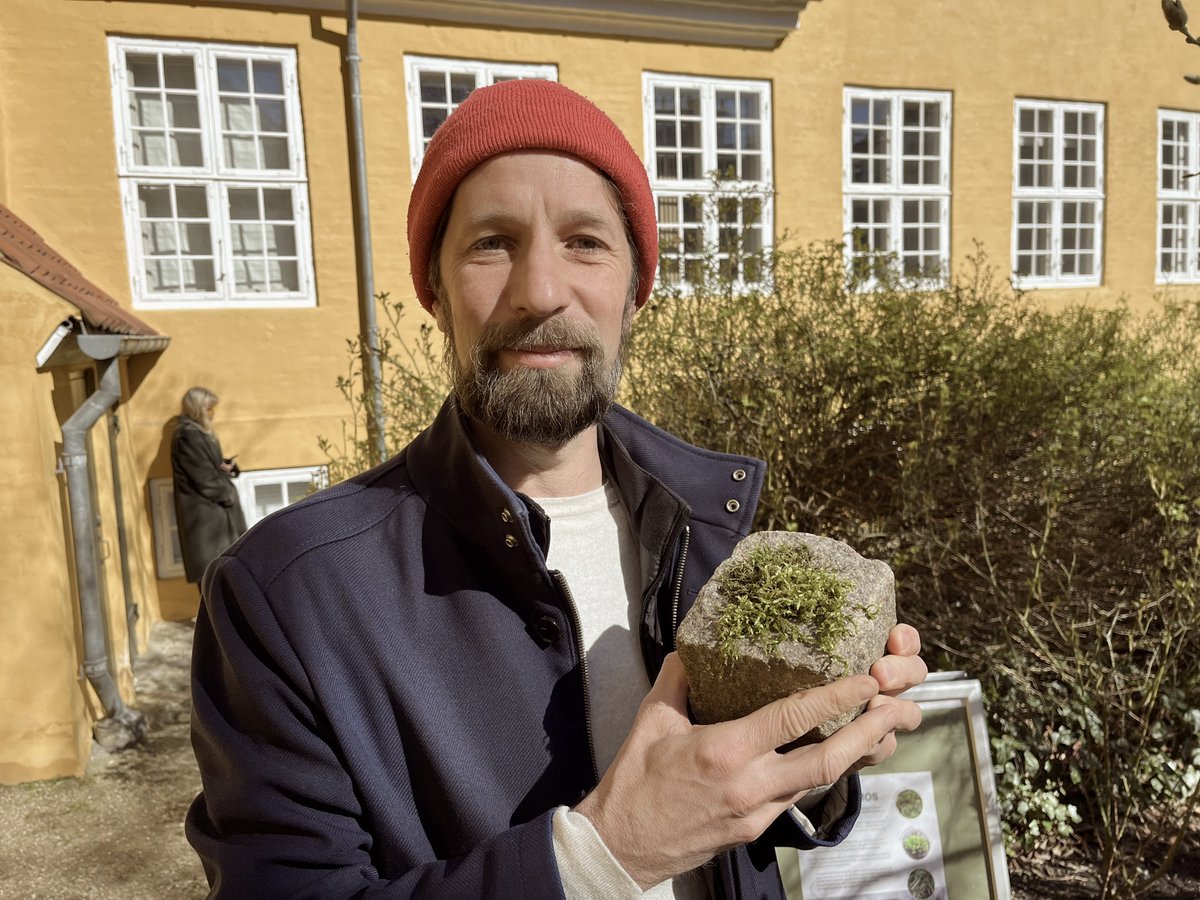WHAT
PhD project within Smart City & Smart Buildings
WHO
Industrial PhD
WITH
NCC Danmark,
Technical University of Denmark, Department of Civil Engineering
RESUMÉ
INCREASED OCCUPANT SATISFACTION AND COMFORT USING IOT-BASED DATA ACQUISITION FOR HIGH-PERFORMING BUILDING OPERATION AND DESIGN
Buildings play a vital role in humans’ well-being, the increasing challenges caused by climate changes and overconsumption of the Earth’s resources. Buildings must be designed and operated to perform according to occupants’ needs and requirements and be environmentally reasonable. Despite the pursuit to design and operate high-performing buildings, many buildings do not provide comfortable conditions for occupants. The problem is due to the discrepancy in how buildings are intended or expected to perform and how they actually perform, the so-called building performance gap. Generally, the building performance gap is attributed to the limited information about how buildings perform and how they are used and perceived by the occupants.
The overall objective of my research was to obtain insights into the actual operation of buildings for the benefit of occupant satisfaction, energy efficiency and building design. The success criterion was to apply the obtained insights to limit the building performance gap. For this purpose, four data-driven methods were developed addressing the following aspects. The data-driven methods collected quantitative data on occupant thermal comfort, occupancy, indoor air quality, energy efficiency and heating ventilation and air-conditioning (HVAC) performance. The data-driven methods were applied to different use-cases in a Danish office building to investigate if they could reveal insights into the building operation and design.
My research demonstrated that long-term measurements of airflow, electricity use, indoor temperature and CO2-concentration provided insights into the operational performance of HVAC units and showed that these units were sized according to the design requirements in the studied building. Presence-detection sensors mounted below the building occupants’ work-desks showed that the expected occupancy level of 100% used in HVAC sizing overestimated the observed occupancy level of 70% in the studied building. The application of continuous thermal feedback revealed that the particular building’s occupants complained less when indoor temperature levels were 23.5 °C. Furthermore, prediction models of the studied building showed that if the obtained insights were implemented in the studied building, the building occupants would obtain an increased thermal comfort of up to 10%, and the building could save up to 40% in energy use.
In conclusion, data-driven methods are suitable to provide insights into buildings’ actual operational performance. The aforementioned insights can be used in the studied building to improve occupant satisfaction and reduce energy use. Moreover, they can be used by building designers to make informed decisions about building operation when sizing and designing HVAC, thereby opening up for an evidence-based design approach.
KEY FINDINGS
- The data from, e.g., a temperature sensor becomes relevant when it can be combined with occupants’ feedback on the thermal environment.
- Instead of focusing on “just” collecting a vast amount of data, ask yourself: “What do I want to understand or actually improve in the building?”. Then, evaluate whether collecting and analysing building operational data is suitable to achieve this outcome.
- A simple data analysis, using statistical techniques such as the mean, spread and confidence interval, can provide you with a lot of information – start with these simple techniques before doing the complex analysis using, e.g., machine learning.
SELECTED ARTICLES & PAPERS
Khan, D.S., Kolarik, J., Hviid, C.A., and Weitzmann, P., 2019. Method identifying oversizing of mechanical ventilation systems in office buildings using airflow and electrical power measurements. IOP Conference Series: Materials Science and Engineering, 609, 052021. DOI: 10.1088/1757-899X/609/5/052021
Sheikh Khan, D., Kolarik, J., Hviid, C.A., and Weitzmann, P., 2020. Using long-term measurements of airflow, electrical power, indoor temperature, and CO 2 -concentration for evaluating sizing and performance of an all-air HVAC system in an office building – a case study. Science and Technology for the Built Environment, 0 (0), 1–16. DOI: 10.1080/23744731.2020.1827867
Sheikh Khan, D., Kolarik, J., Anker Hviid, C., and Weitzmann, P., 2021. Method for long-term mapping of occupancy patterns in open-plan and single office spaces by using passive-infrared (PIR) sensors mounted below desks. Energy and Buildings, 230, 110534. DOI: 10.1016/j.enbuild.2020.110534
Sheikh Khan, D., Kolarik, J., and Weitzmann, P., 2020. Design and application of occupant voting systems for collecting occupant feedback on indoor environmental quality of buildings – A review. Building and Environment, 183, 107192. DOI: 10.1016/j.buildenv.2020.107192
Sheikh Khan, D., Kolarik, J., and Weitzmann, P., 2021. Occupants’ Interaction With an Occupant Voting System for Thermal and Indoor Air Quality Feedback – Case Studies in Office Spaces. Frontiers in Built Environment, 7 (March), 1–20. DOI: 10.3389/fbuil.2021.643630
Andersen, J.V. and Sheikh Khan, D., 2019. Value Flows in IoT Ecosystems: Towards an IoT Data Business Model. ECIS 2019 Proceedings, 1–10. Link: aisel.aisnet.org/ecis2019_rip/45/
Weitzmann P, Andersen L, Langkjær M, Sheikh Khan D, Hansen M, Andersen H, et al. Den datadrevne bygning til bedre design og drift – elforsk 350-037. Copenhagen, Denmark: 2019.
Building Green, Realdania & Innovationsfonden, Building Green Copenhagen 2020 – Learning Lessions; Smart Buildings & Smart Cities.
→ See presentation
Talks and presentations
Expert meeting IEA EBC Annex 79 and conference presentation 23-25 sept 2020. Donya Sheikh Khan (Presenter). 23 Sep 2020.
Building Green 2020. Donya Sheikh Khan (Speaker) & Lucile Julia Sarran (Speaker). 28 Oct 2020.
Presentation of IAQVEC 2019 conference paper. Donya Sheikh Khan (presenter). Sep 2019.
Carnegie Mellon University. Donya Sheikh Khan (Visiting researcher). 13 Sep 2019 → 27 Dec 2019.
Workshop for elforsk project 350-037. Donya Sheikh Khan (Organizer). 26 Mar 2019.
Media
Actionable Urbanism Roundtable Discussion
→ See debate
Bloxhub debates: The air we breathe
→ See debate
Øget brugertilfredshed og komfort med dataopsamling i kontorbygninger
→ See debate
Spørg brugerne og få bedre bygninger
→ Read article
Prizes
Best research in progress paper award – ECIS 2019. Andersen, J. V. (Recipient) & Khan, Donya Sheikh (Recipient), 2019.







